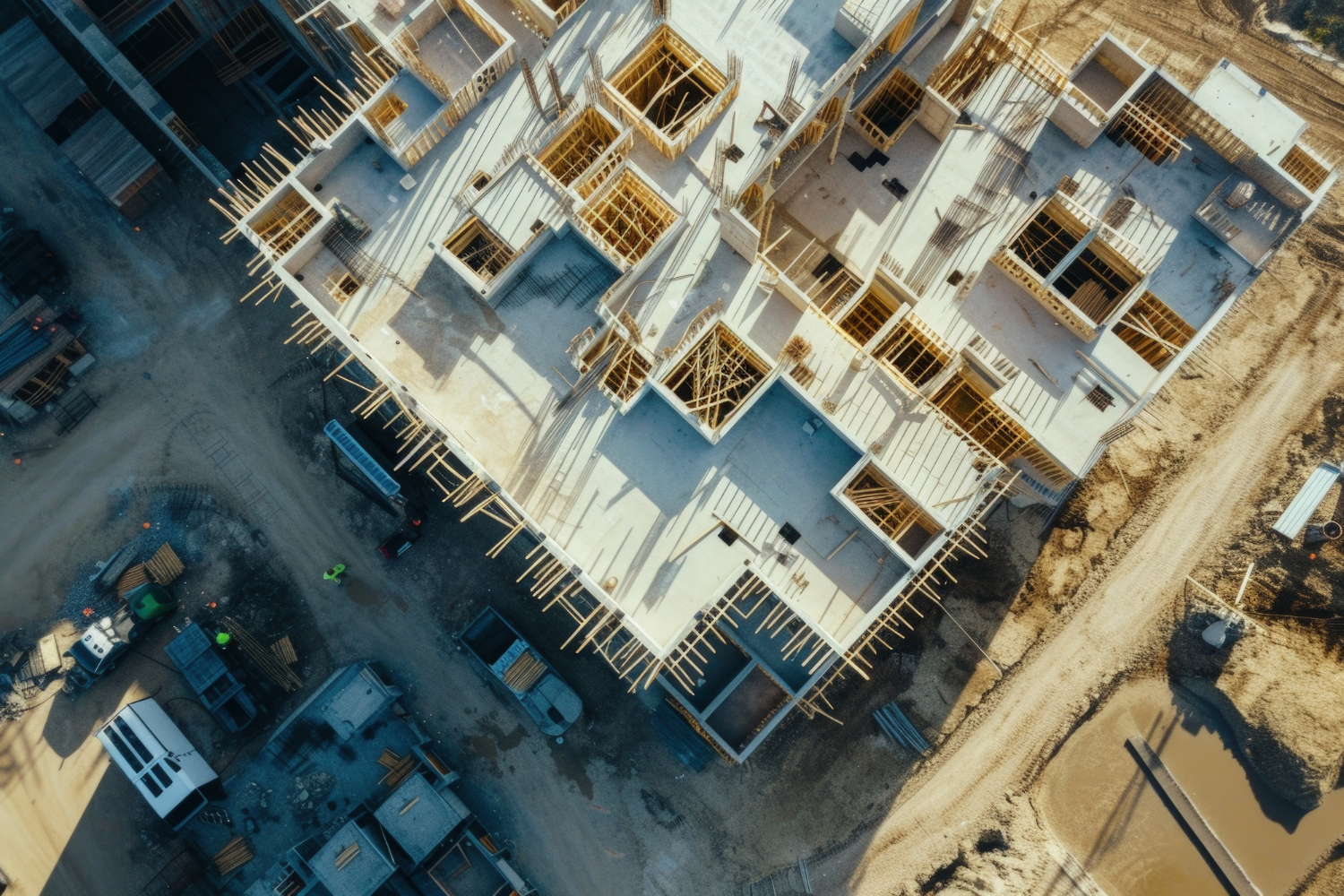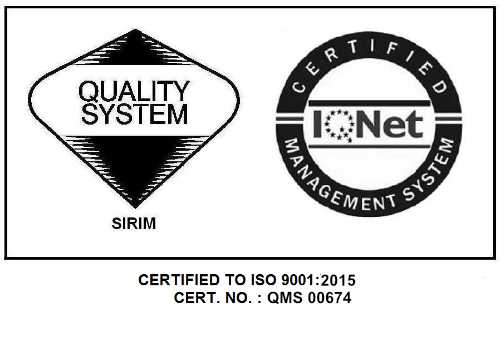
The future of Malaysia’s construction industry is taking shape with modular construction. In the final article of this 3-part series, learn about the versatility and rapid urbanisation response that this innovative approach offers.
The future of the Malaysian construction industry looks promising, thanks to the growing adoption of modular construction techniques. As the nation’s urban landscape continues to evolve, this innovative approach offers a range of benefits and exciting possibilities.
Modular construction is not limited to cookie-cutter designs. These systems are incredibly versatile and can be tailored to meet diverse architectural requirements. Whether it’s residential, commercial, or institutional buildings, modular construction allows for customised designs and functional spaces.
As Malaysia intensifies its focus on sustainable development, modular construction is emerging as a pivotal player that aligns seamlessly with the nation’s ambitious environmental goals. In an era where eco-consciousness is at the forefront of global construction practices, the controlled manufacturing environment and the significant reduction in waste generation inherent to modular construction have positioned it as a leading choice for eco-friendly building practices.
This approach offers a holistic and sustainable solution, ideal for projects aiming to attain green certifications and meet rigorous sustainability targets. By reducing waste, optimising material usage, and minimising energy consumption during the manufacturing process, modular construction not only promotes sustainability but also presents a tangible pathway towards a greener built environment.
As a result, it enables Malaysia to make substantial progress towards meeting its environmental commitments while delivering high-quality structures that adhere to stringent eco-friendly standards. The synergistic alignment of modular construction with Malaysia’s sustainability objectives sets the stage for a more eco-conscious, efficient, and environmentally responsible construction industry.
Rapid Urbanisation Response
Malaysia’s rapid urbanisation calls for a construction approach that can meet increasing demands efficiently. Modular construction’s time efficiency is a substantial advantage. The ability to assemble modules simultaneously in a factory and on-site reduces project timelines, making it an ideal solution for urban infrastructure development.
The modular construction revolution is gaining momentum in Malaysia, and the country is poised to embrace a future where innovative building methods are the norm. As the industry continues to evolve, we can expect more impressive and sustainable developments that cater to the nation’s growing urban landscape.
Article 1: Embracing the Future of Construction with Modular Building














